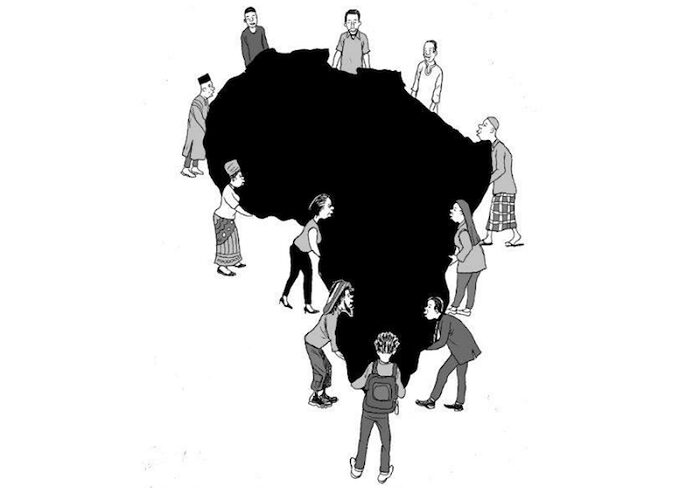Verbal decency in politics: an ethical and civic demand

“Surely, God does not change the state of a people until they change what is in themselves”. The aim pursued in the following lines is to make politicians and other citizens aware of the dangers of trivializing insults and other public slanders. Recent developments as well as many facts reveal that the Africa is in dire need of it. Only the carefree are not worried about the current evolutions in the African political field. As the other said, “At times, only fools are not afraid.”
In this perspective, it is good to say that this is a sign of notoriously irresponsible on the part of people who call themselves politics and who switch from the art of managing the city to the vice of insult and the slander of the other. When insult, invective and similar remarks become habits among politicians, especially in African, it is important to ask ourselves the question: what is politics for these people?
When insult and slander are considered by politicians as a means of doing politics, then we are on the verge of collapse and the country is not immune to situations whose catastrophic impact cannot be anticipated the good live together. Yet it is these same policies that speak so much of virtue, introspection, loss of bearings and values while behaving as if these virtues were good only for others!
However, everything in the references of Muslim, Christian and other belief as traditional of our Africa, prohibits the use of insults, invectives and other calumnies in the relation to others. At a time when citizens are waiting to get acquainted with the political offers of the candidates for the 2019 presidential election, some politicians offer rather a panoply of words and insinuations that are facets of a poor political practice, indecent, ridiculous, but especially shocking and disturbing fat of any kind of danger.
It is important to remember that verbal abuse feeds and “justifies” physical abuse. To insult someone or slander him is to expose him to the vindication of “little minds” and other “political” fanatics capable of all kinds of irresponsible acts. It is also playing with fire to believe or pretend to think that throwing anything at anyone is not serious when it comes to political competition. In other words, the political end justifies verbal violence as a means! The question then is: “Does a person who makes verbal violence a political means deserve the trust of citizens?”
It is important to remind politicians of the duty of responsibility and respect both among themselves and between them and the citizens who expect from them a dignified competition in terms of political offer and nothing else. In this salutary perspective, it is an imperative for politicians to be exemplary through attitudes, behaviours and responsible statements peppered with decency and respect among themselves and between them and the citizens whose votes they seek.
It is also up to them to educate their activists and punish all forms of verbal violence from their parties and other movements. For their part, citizens have a duty of vigilance through postures that reveal that they reject any verbal violence from whatever edge it comes and that it could come. This means that citizens can help to improve the political competition since all that politicians say and do is ultimately to win their trust.




